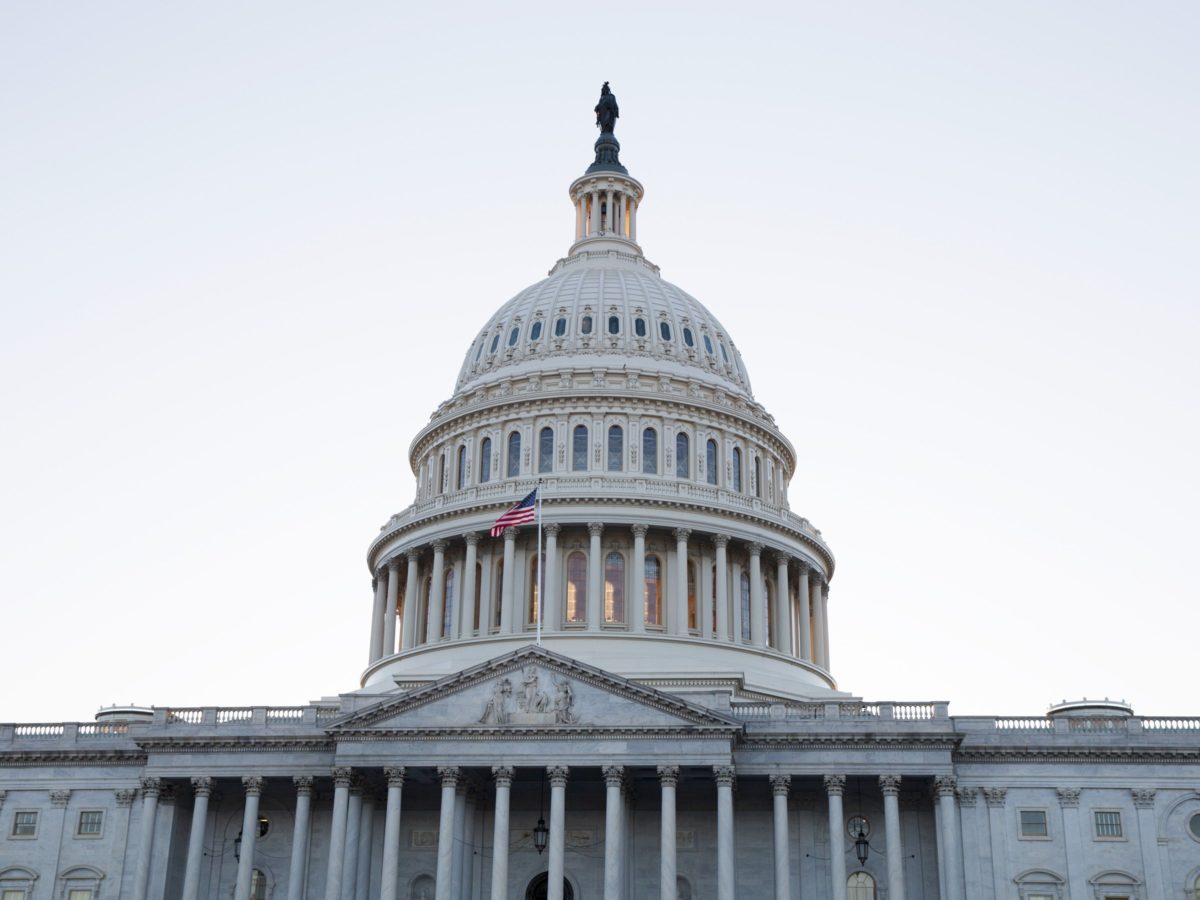
The Coronavirus (COVID-19) pandemic has put a major strain on every aspect of daily life
around the world, including the United States. As spread of the disease shows no sign of
slowing down, there is a steadily increasing concern in the United States regarding the health
and wellness of not only our citizens, but the economy as well. In response, the United States
Congress has been negotiating a historic stimulus package to address the havoc caused by
the pandemic.
It appears Congress’ hard work has paid off, as they just passed a $2 trillion package to
provide a jolt to the economy reeling from the deadly virus. All Americans would do well to
understand the package’s provisions, as it will offer direct relief to businesses and individuals
alike.
WHAT IS IN THE STIMULUS PACKAGE?
The $2 trillion stimulus package, negotiated by Republican and Democratic leaders, is the
largest economic stimulus measure in modern history. The bill is a $2 trillion combination of
tax provisions and other stimulus measures, including emergency business lending. The
measure promises to provide help for struggling American families and businesses, as well as
health care workers on the front lines of the coronavirus outbreak.
Significant Provisions Affecting Businesses
The tax package itself is broad, with tax payment relief and significant business tax incentives.
Here is a list of the most significant provisions affecting businesses: (CLICK HERE FOR THE COMPLETE ARTICLE)
- $367 billion will be made available in loans for small businesses and $150 billion for
state and local governments. The loans will be forgiven so long as businesses pledge
not to lay off their worker - Small businesses forced to suspend operations or that have seen gross receipts fall by
50% from the previous year will be eligible for a tax credit worth up to 50% of wages
paid during the crisis, so long as they keep their workers employed throughout. - The Treasury Department will distribute $500 billion in loans to struggling industries
(e.g., passenger airlines and businesses critical to maintaining national security).
Additionally, an oversight board and inspector general will be created to oversee
loans to large companies. - Health care providers will receive $100 billion in grants to help fight the coronavirus
and make up for revenue lost by delaying elective surgeries and other procedures. - $200 million will be carved out for the Federal Communications Commission to
provide health care providers with connected devices to facilitate telemedicine
services, with the goal of freeing up hospital beds. Another $25 million will go to a
grant program that helps rural communities purchase broadband equipment for
telemedicine. - The Commodity Credit Corporation, an institution that USDA uses to stabilize the
farm economy, would see its spending authority increased to $14 billion. The
package also sets up a $9.5 billion emergency fund for producers, including fresh fruit and vegetable growers, dairy farmers and cattle ranchers, along with local food systems like
farmers markets. - Colleges and universities, as well as school districts, will receive more than $30 billion.
- State and local governments will receive $150 billion, with $8 billion set aside for local
governments. - The package will provide the U.S. Postal Service with a $10 billion Treasury loan to stave off
insolvency. Retailers, restaurateurs and hotels will be able to immediately deduct from their taxes
what they spend on property improvements. - Employers can defer the 6.2% tax they pay on wages used to fund Social Security
If you have questions and would like assistance, please feel free to call us at 800-362-2809 or visit us at www.getagreatquote.com
